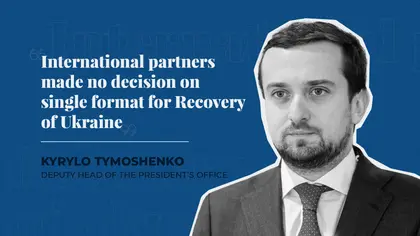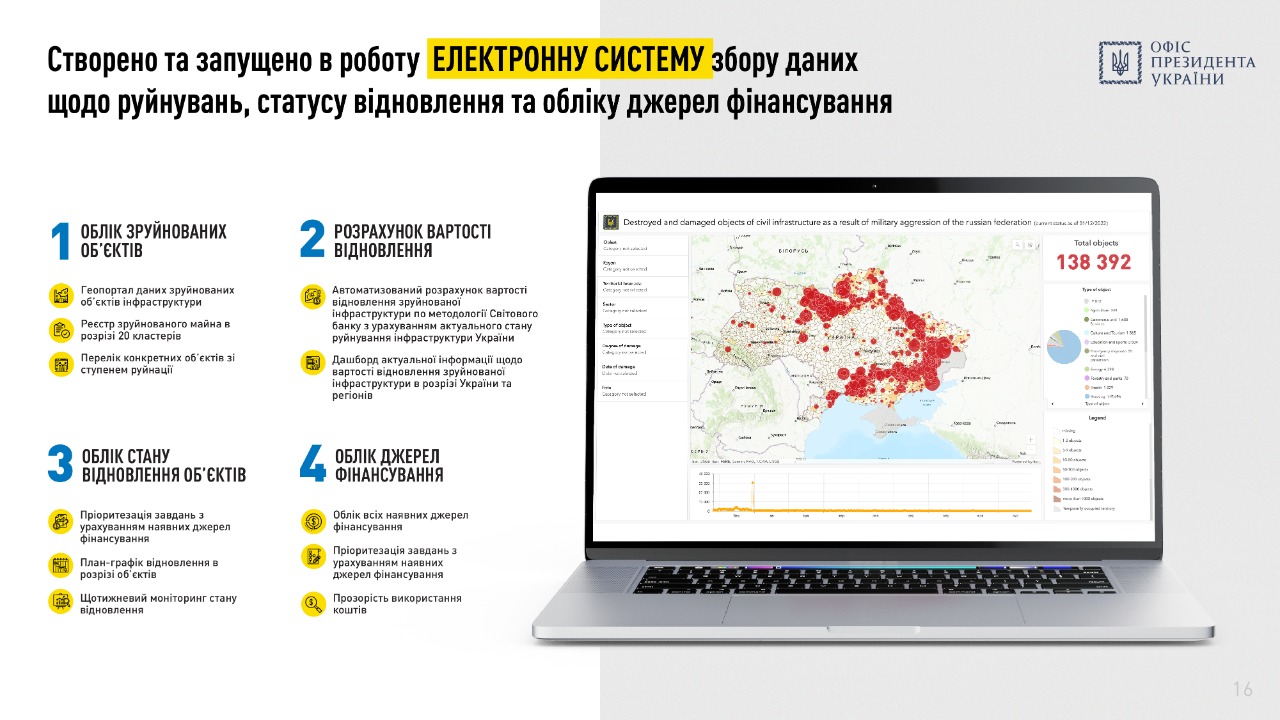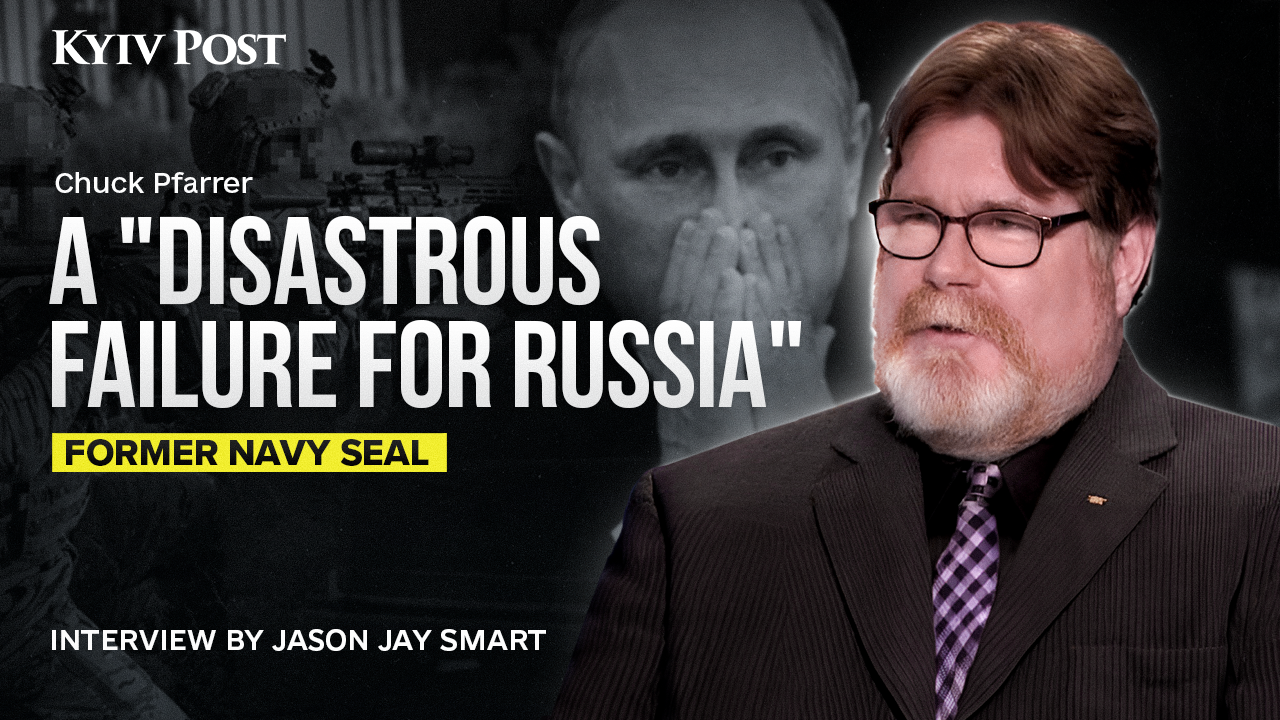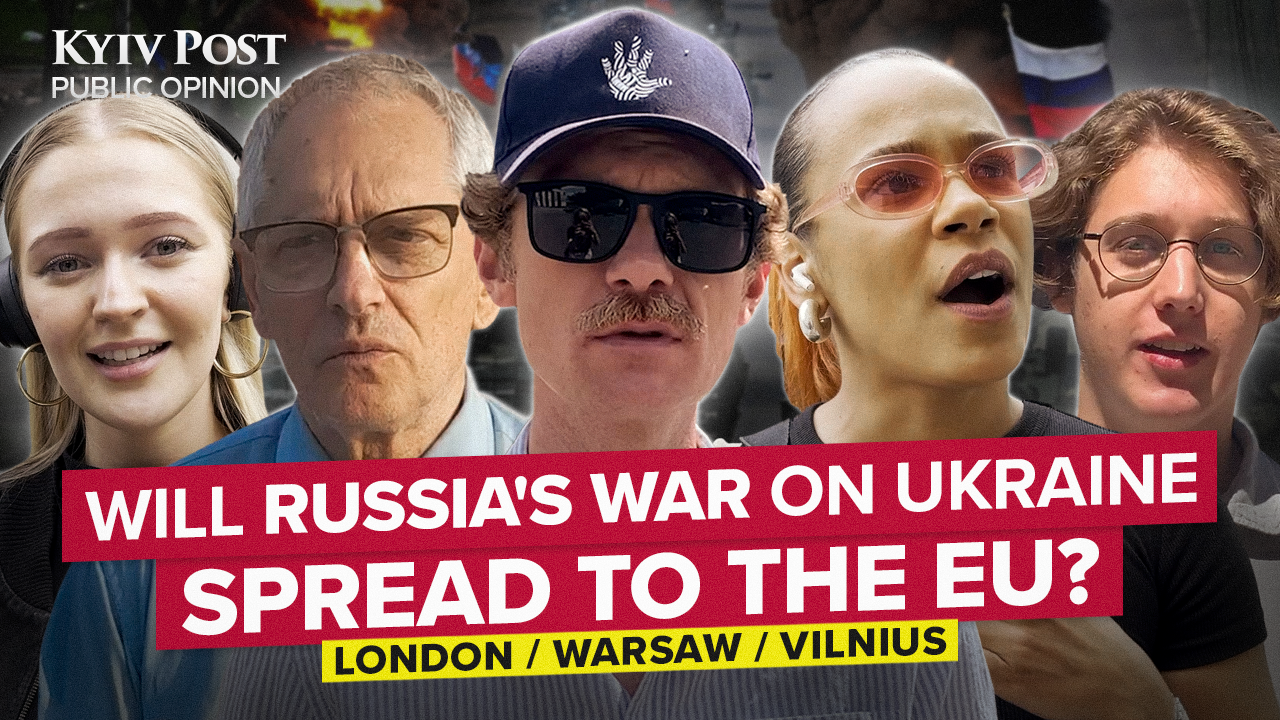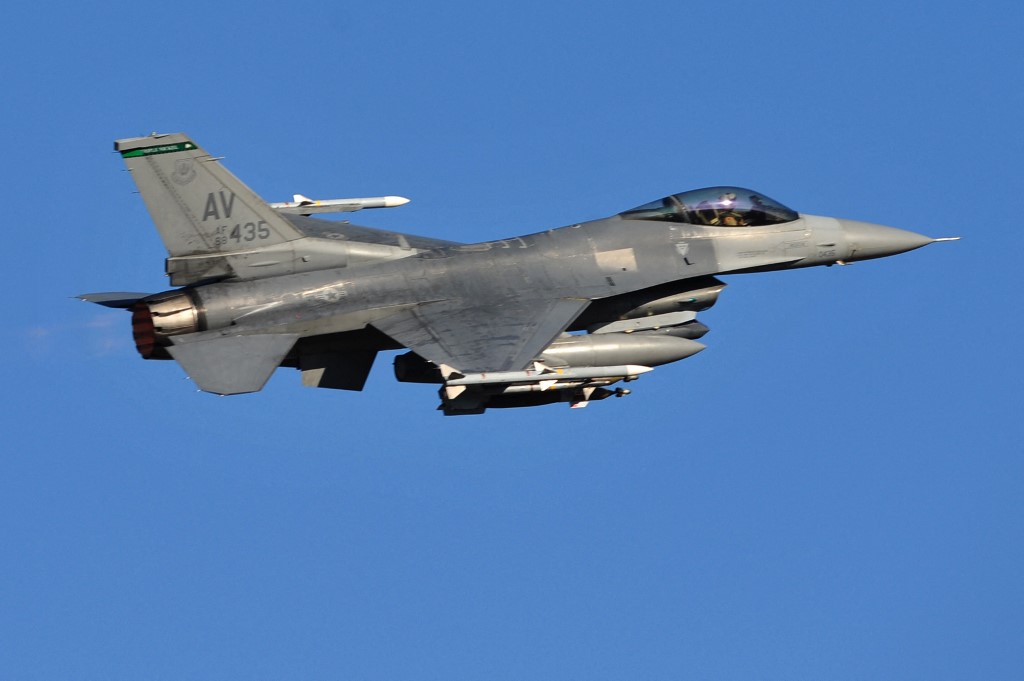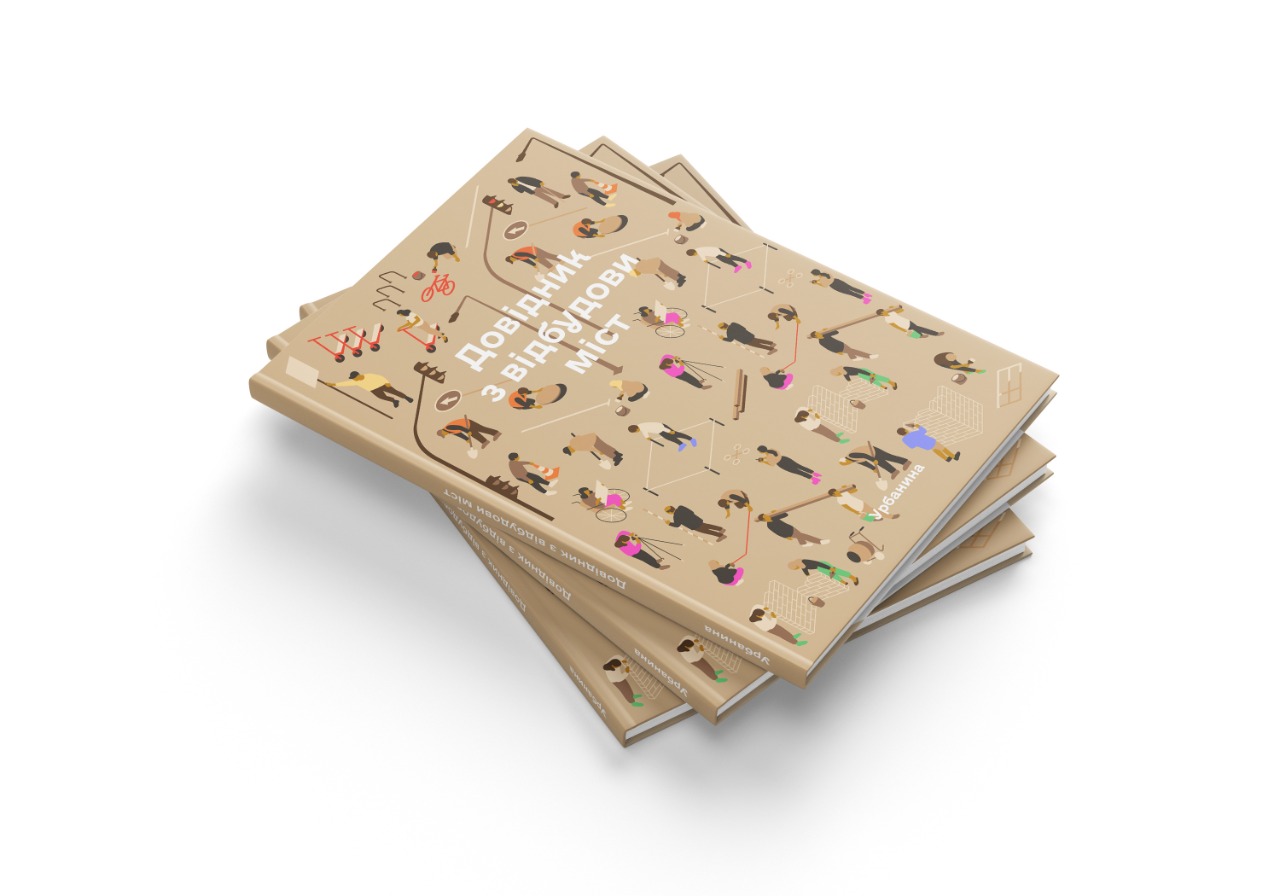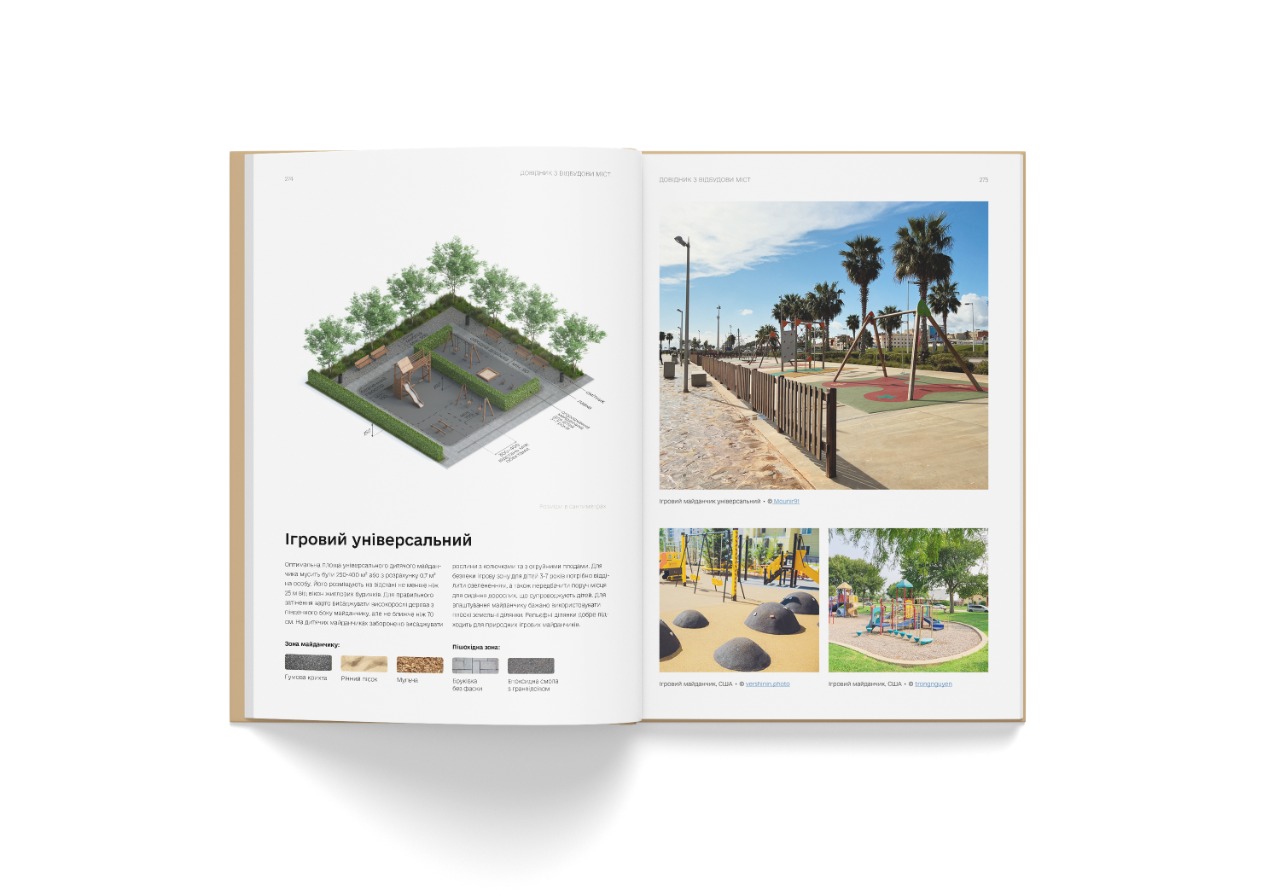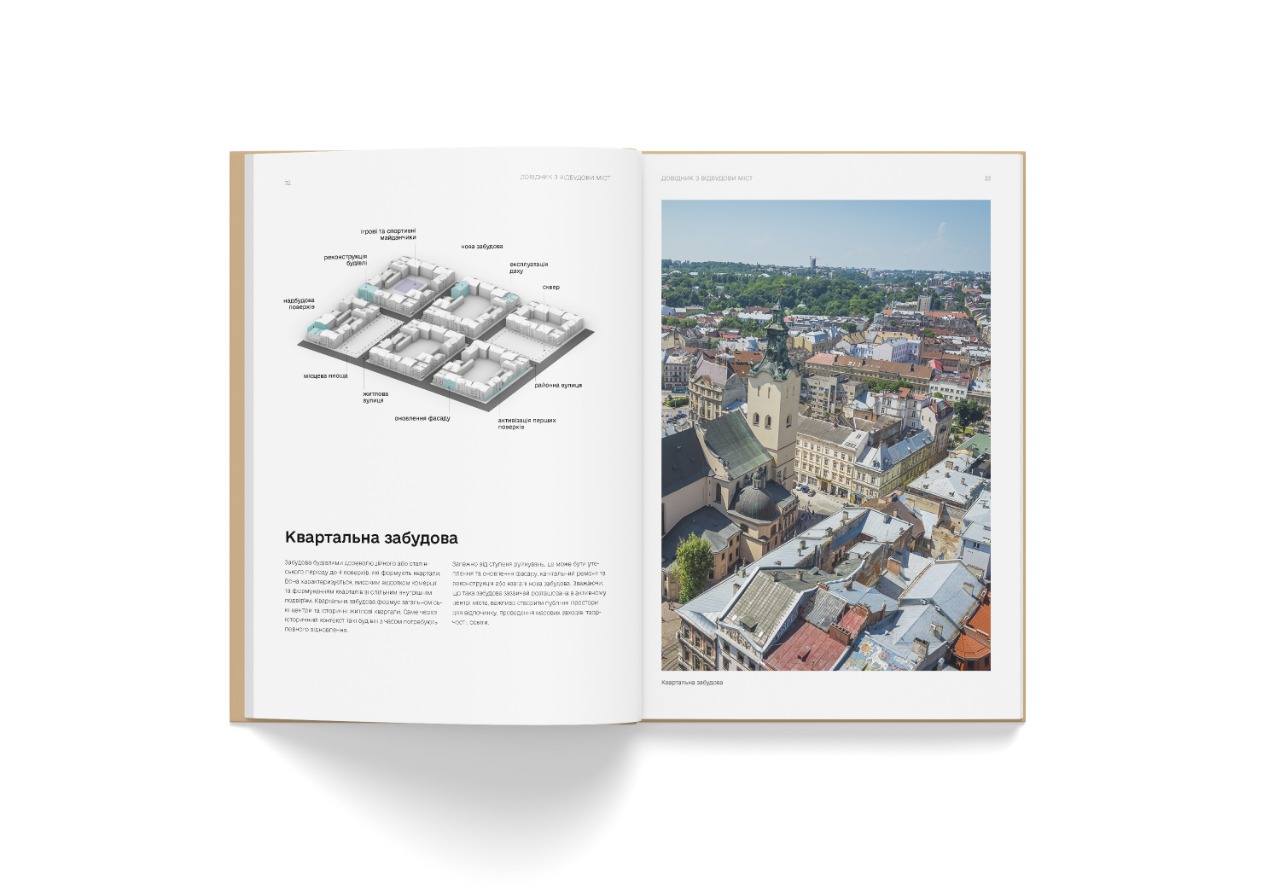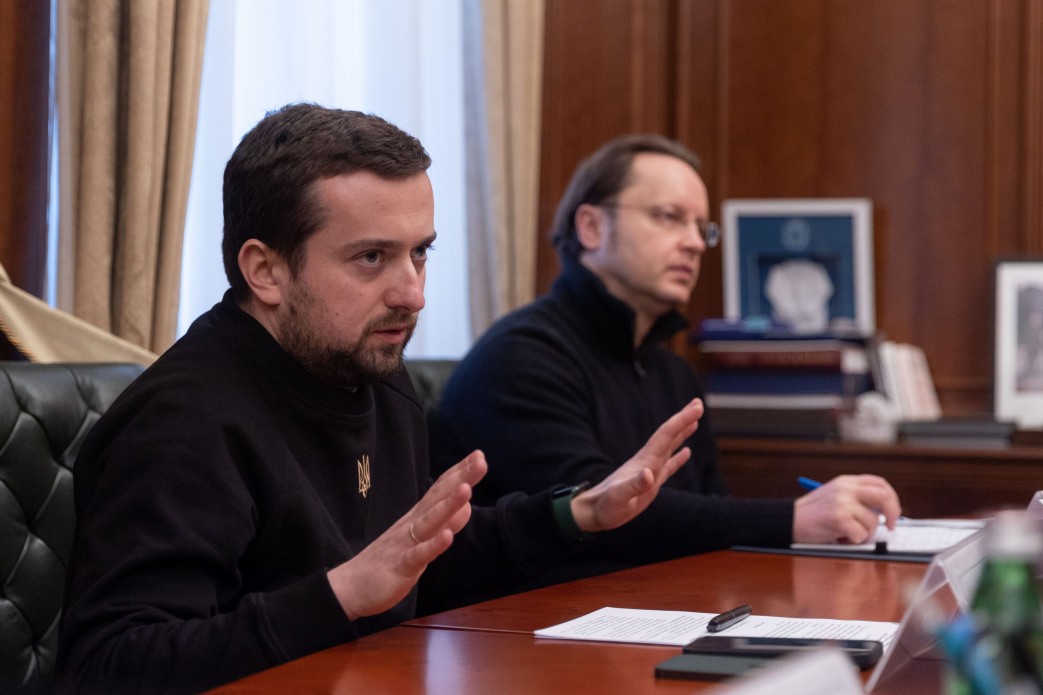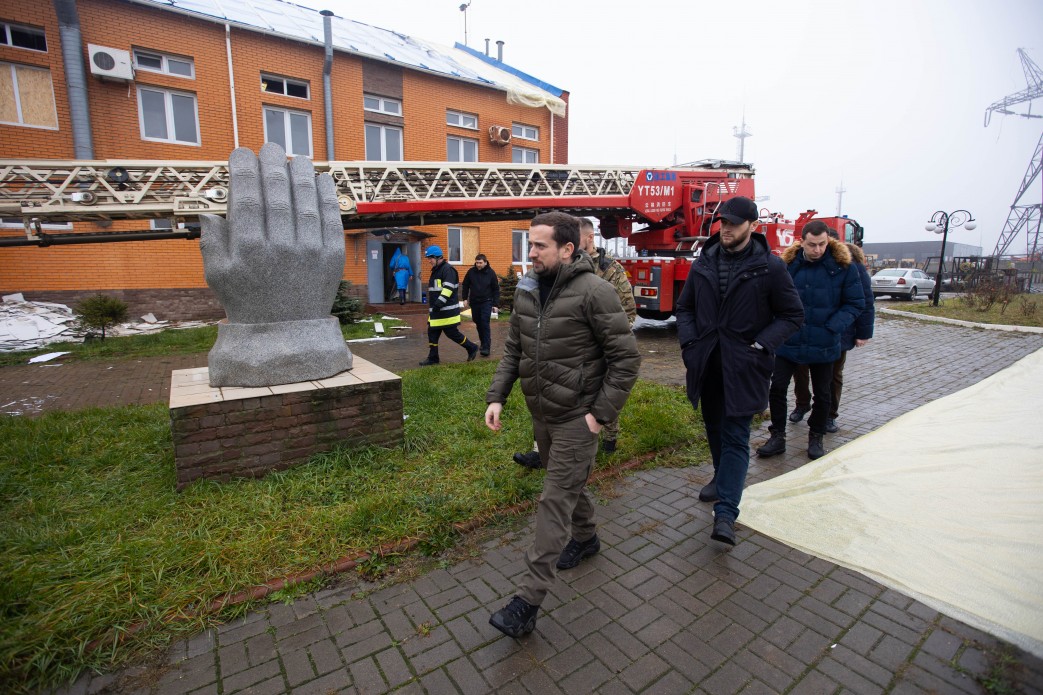Kyrylo Tymoshenko, deputy head of the President’s Office (PO), has been in Volodymyr Zelensky’s team since the first day of his presidency. He has been engaged in a variety of tasks, including communication with mass media and local authorities, organizing the supply of face masks during the coronavirus pandemic, and the Great Construction project meant to overhaul Ukraine’s aging infrastructure. Now he is involved in the rebuilding of infrastructure destroyed by Russian shelling.
Yet Tymoshenko has repeatedly been accused of corruption. In an interview with Kyiv Post, he responded to some of the accusations and spoke about Ukraine’s recovery plan and aid from international partners. The interview took place before the Russian missile attack on a residential building in Dnipro and the Brovary helicopter crash.
JOIN US ON TELEGRAM
Follow our coverage of the war on the @Kyivpost_official.
What is the pace of restoration of the country’s infrastructure damaged during the war in 2022?
The recovery consists of several stages. There is a large-scale plan for the recovery and modernization of the country developed by the Cabinet of Ministers, the presidential office, and the Verkhovna Rada. It was presented in Lugano (Switzerland) in July 2022. This is how we see our country after the end of the war.
There are several steps within this plan. One of them is quick restoration. When the first regions were de-occupied, we realized that we should focus on things that can be restored quickly. We do facade work, install windows, etc. – that is, not construction or overhauls.
The second one is the Fast Recovery Plan. This is the restoration of housing, including private houses and high-rise buildings, schools, kindergartens, medical facilities, electricity, water, and heat supply networks. This is the plan of critical infrastructure recovery for people.
Following the plan, we have restored about 15,000 objects last year. Works on about 14,000 objects are underway.
Are the restored facilities located in the liberated regions?
They are in all regions: Kyiv, Zhytomyr, Kharkiv, Kherson, Chernihiv, Sumy, Donetsk, Zaporizhzhia, Mykolaiv.
After each shelling, the affected objects are immediately included in a special online database. This is a big map showing all the damaged facilities. It gets updated every day.
After the shelling, a special group of people goes to the site to assess the damage and extent of destruction. If the object can be quickly restored, works begin immediately. Of course, if it’s a destroyed house, it can’t be fixed quickly because there isn’t enough money. First of all, money goes to the Armed Forces to acquire armaments.
As for restoration, funds are allocated for fast recovery. But the amount of money needed for overhauls or construction is completely different. Right now the state doesn’t have that much money.
We are communicating with international partners on this matter. They have a different vision. Some countries volunteered to take patronage over certain regions; for example, Great Britain over the Kyiv region. Some of them want to restore certain types of facilities, such as schools, hospitals, etc. Others want to work in a city-to-city format in which their cities help our cities.
Will a single format for providing aid be introduced?
We tried to agree on a unified approach but our partners have not made a decision yet.
There is an idea of creating a Recovery Fund. The fund will be located in Ukraine, while international partners will control it through a supervisory board, which will consist of 75% of international representatives involved in recovery and 25% of Ukrainians. The supervisory board will elect the management of the fund. Ukraine will provide a list of objects that need to be restored first. The most important thing for us is housing for people.
The issue of setting up the fund is currently being studied by our international partners because there are different offers. Perhaps we will work through international institutions, such as the World Bank. Money will be transferred there.
Will the World Bank control the use of money in this case?
Yes. But let’s see which of the options will be chosen.
At this stage, our partners allocate funds for some recovery programs. There are many such examples: they restore hospitals in the Kharkiv region, provide generators, etc.
Following the plan, we have restored about 15,000 objects last year. Works on about 14,000 objects are underway.
Why don’t our partners hurry to make a decision regarding the fund? At the economic forum in Germany, in the fall of 2022, dedicated to the reconstruction of Ukraine, our allies also didn’t hurry to sign documents that would fix their further plans regarding aid provided to us.
This forum focused more on discussing the recovery strategy.
For our part, that is exactly why we offered the Fast Recovery Plan. It is important for us that Ukrainians return home. And for this to become possible, people need housing, infrastructure, namely kindergartens, schools, and hospitals. That is why we propose implementing the Fast Recovery Plan before the end of the war.
It seems to me that we’ve convinced our partners of this.
Which countries refuse to help?
Hard to say.
China?
I know that some Chinese companies provide aid at a non-state level.
Can we talk about the share of already restored facilities?
Not more than 15%.
We developed a guide to recovering communities and sent it to them. We don’t want to restore everything as it was before. There must be other approaches. This is a chance to modernize Ukraine.
Are there enough builders? Do you encourage foreigners to participate in construction?
Our partners asked if their construction companies could come to Ukraine. We are open to any options. But I can say that there are enough builders, as well as construction equipment in Ukraine.
Do you think that the recently adopted law No. 5655 on urban planning reform – which many are petitioning the President to veto – would create problems in the future reconstruction?
I think the idea of the law is good. It had to be adopted. The most important issue concerns insufficient communication between the Cabinet of Ministers and the authors of the law with communities and city mayors, because people need explanations about how it will work. The law really removes many corruption risks that existed before. I think we’ll find common ground with communities. We held several meetings last year and plan to hold more in the near future.
If there are misunderstandings, they can be resolved through amendments to the law or government resolutions.
In October, the government said that the total amount of funds needed for the post-war recovery reached $750 billion. How much has this figure increased as of January?
The figure rose when Kherson was de-occupied. Now the recording of all the destruction continues. But the amount did not increase much. It remains approximately the same because we quickly restore the damaged objects.
I think the idea of the law No. 5655 is good. It had to be adopted.
Even at the beginning of the war, I warned all governors and mayors: if someone is engaged in corruption, no one will intercede. At best, they will be dismissed.
How is communication with local authorities going? Is their work effective?
When I started dealing with regional authorities, it was important for me that all regional heads were good managers. And we’ve built this system.
We set specific tasks. Every week we have several conference calls on this matter.
During the war, I worried that someone of the regional heads might run away or refuse to work. But all of them became “warriors of light.” They started communicating with the residents of their regions about the current situation. It was very important.
There were leaders in the regions – the heads of regional administrations, who were in direct contact with the president, the presidential office. As a result, the performance of mayors improved. They began to work as one team. Yes, there were cases when mayors fled to Russia. But not many.
You say that regional heads became leaders, an example for regional authorities. And what about the fact that some of them were involved in corruption scandals? For example, Valentyn Reznichenko, the head of Dnipropetrovsk Regional Military Administration, accused of embezzlement of budget funds through shell companies, or Oleksandr Starukh, the head of Zaporizhzhia Regional Military Administration, accused of embezzlement of humanitarian aid. Have you already clarified these situations?
Everything is simple for us: theft entails imprisonment. Even at the beginning of the war, I warned all governors and mayors: if someone is engaged in corruption, no one will intercede. At best, they will be dismissed.
Therefore, it seems to me everything is clear: if law enforcement officers prove that these people broke the law, they will be held accountable. But so far we haven’t seen any results of the investigation, apart from public relations, especially not in Zaporizhzhia region.
Can you assure the public that the PO won’t put pressure on law enforcers during investigations into these alleged crimes?
It seems to me no one needs to be convinced. The society understands that the OP puts no pressure on the NABU (the National Anti-Corruption Bureau of Ukraine). If the offense is proven, these people will be held accountable.
You inspect the work of local authorities. What can you say about the fact that the first concrete shelter in Kherson appeared only after another deadly shelling on Dec. 24? Who didn’t finish the work?
Let me tell you about the situation in Kherson. There are practically no shelters in the city, while Kherson is shelled every day.
About 50 people worked in the regional administration headed by Yaroslav Yanushevych after de-occupation. Before the war, almost 500 people worked there. In the first weeks after the liberation of the city, many people returned to work. But when the heavy shelling of the city began after de-occupation, up to five workers resign every day. It’s really hard to work there.
As for shelters. A lot is being done. It doesn’t happen quickly. Volunteers help a lot.
We know about all the problems. We help Yanushevych. For example, there are no municipal vehicles in the city. So each region helps as much as possible.
You say that many people left the city because of occupation. After the start of the war, Kherson Mayor Ihor Kolykhaev stayed in the city. He communicated with the Ukrainian mass media for a long time, talking about life in occupation. But then he disappeared, and after the liberation of the city there is no mention of him. Does the OP know the whereabouts of Kolykhaev?
We don’t know where he is.
Is he in captivity?
We don’t know his status or where he is.
You didn't make a request to the Russian authorities?
Where? To Crimea?
So he is in Crimea?
According to our security services, he was taken out of Kherson. Where he is now, we do not know.
Did he collaborate with the occupiers?
History will show.
How did you become involved in two car scandals last year? You used a Chevrolet Tahoe, donated by General Motors to Ukraine as humanitarian aid, and were driving a rented Porsche around Kyiv.
It seems to me there is a purpose behind all of this. I understand that an information campaign against me is being conducted. I don’t condemn the actions of journalists. But the question is, who is behind this and brings information to the journalists?
Regarding the story with the Chevrolet Tahoe SUV. To begin with, you need to see in general how many of these cars drive around Kyiv or the regions - at least 50.
Who else uses them - local authorities, the military?
Different level.
But everyone was wondering why I was driving this SUV in the regions. The situation is simple: this car was in the State Administration of Affairs, I did not ride it around Kyiv.
According to our structures, Kherson Mayor Ihor Kolykhaev was taken out. What is with him now, we do not know.
But it is clear from the investigation data that the car takes you home and picks you up from there.
It happens, of course, that someone leaves home. I do not appear in the Kharkiv region out of the blue.
Before that, what did you drive around the regions?
First, I haven't had that many regional trips before. Secondly, in the first months of the war, we traveled by train. And I have my own cars that are declared.
Was it so critical to use the car given by our partners for humanitarian purposes?
We do not choose transport. All vehicles are handled by the relevant division of the PO.
Now the car has been handed over to Kherson Regional Military Administration for the needs of de-occupied cities and towns.
It was also not pleasant for me personally, as a citizen, that during the war the PO deputy head was driving a luxury Porsche. Don’t you think there’s a moral dilemma?
Perhaps from a moral point of view. I’ll explain. During the summer, my wife and I decided to sell one of our cars and buy an electric one. But we gave up this idea four months before the journalistic investigation. Precisely from a moral point of view.
All TV channels participating in the telethon have a vision of working within the United News format until the end of the war.
Information appeared that state-controlled Rada TV channel concluded an agreement worth 120 million hryvnias ($3.3 million) with Kinokit without bidding for the production of programs for the telethon. According to journalists, this company is affiliated with you. Is it really so?
This company is definitely not related to me. Neither I nor my family members know the persons who own the company.
Do we, with Minister of Culture Oleksandr Tkachenko, communicate with the channels regarding the telethon? Yes. But I have nothing to do with the business activities of the company that creates content. And this can be checked.
Don’t you see the risks due to agreements involving public money being concluded without bidding?
I know for sure that in most cases when content is ordered by the state it is impossible to do it in the form of open tenders. In most cases, this happens on a competitive basis.
German Ambassador Anka Feldhusen said that the EU advised the Ukrainian authorities to move away from the format of the United News telethon and give viewers a choice of what to watch because this contradicts the principles of democracy. Does the PO listen to such thoughts?
All TV channels participating in the telethon have a vision of working within the United News format until the end of the war.
Did you convey this position to your partners?
The Minister of Culture deals with this.
You can also highlight the text and press Ctrl + Enter


